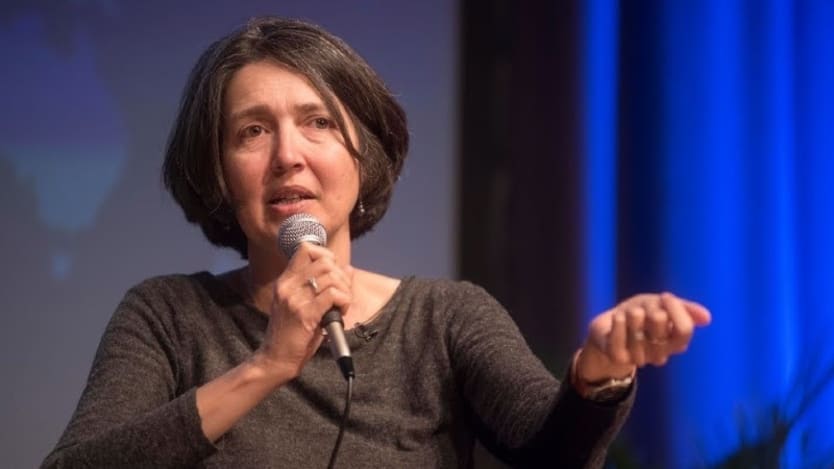
LONDON — Limiting the “underlying causes” of suffering, with a focus on health and economies, is driving how the United Kingdom protects its remaining aid budget, according to the chief economist at the Foreign, Commonwealth & Development Office.
Rachel Glennerster, who previously worked in the now-defunct Department for International Development, provided the most public information yet on how the government has been deciding where the development budget will be protected and where it will be cut.
Speaking during a panel discussion about the impact of COVID-19 on lower-income countries, she said: “The biggest thing you can do … [is to] improve the health situation and allow economies to open up. That has huge returns.” She added that she had been involved in “some calculations” and “economic analysis” around this.
The government has been criticized by civil society for a lack of transparency around two rounds of cuts to official development assistance announced this year: a reduction of £2.9 billion made in July, followed by the decision to reduce aid spending to 0.5% of gross national income next year.
While the details of the second round of cuts are still being worked out, Glennerster said she thought the principles used to make the first round “will continue to hold.”
“We made quite a clear set of priorities to think it through,” she said at the International Monetary Fund conference. “The first thing we said is anything we can do to limit the underlying causes of the suffering, on the health side but also anything that lessens the economic impact of this. That has to be our priority because that’s going to provide the biggest return and biggest relief for people.”
The next priority was “mitigating where there are risks of long-term scarring,” such as the impact on businesses and on nutrition, Glennerster said.
Then there were “a few things we wanted to preserve additionally, somewhat, through this crisis because of the long-term consequences,” such as climate change spending. There was no information on other areas that fell within this category.
FCDO also considered the mechanisms through which aid is spent. Glennerster said that officials had asked, “What was the most effective way of using our money to get the biggest impact?” She added, “Where it was multilateral, we went multilateral; where it was bilateral, we went bilateral.”
A recent report by the Independent Commission for Aid Impact found that 89% of the cuts made over the summer came from delaying payments to multilateral organizations, while just 11% of the cuts fell on bilateral programs. However, it warned this approach risked pushing the problem further down the line.
“The biggest thing you can do … [is to] improve the health situation and allow economies to open up. That has huge returns.”
— Rachel Glennerster, chief economist, Foreign, Commonwealth & Development OfficeDespite the burden of the cuts falling on multilateral spending, contributing to international finance institutions remained important, according to Glennerster.
“Our money could never be as big as the IMF and the World Bank, so giving some money to allow the bank to lend more to LICs [lower-income countries] was ... a highly leveraged position for us … [in that] our money pays off more effectively,” she said.
Other priority areas included debt relief, which “would provide immediate relief to the countries that were suffering most,” and COVID-19 vaccines, “because that will help economies to open up, and that’s really more cost-effective than working on education — although, of course, we also have to work on education,” she added.








